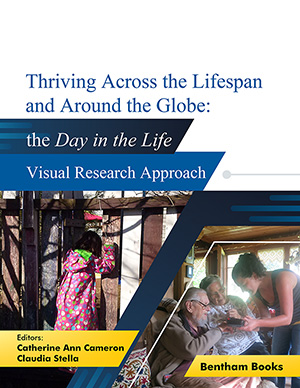Abstract
Phenomenological analyses and questionnaire studies have shown that changes in time experience are a prominent feature of mystical states of consciousness. Spiritual traditions employ a variety of methods to induce these states. Research on meditation and psychedelic drugs can help to identify involved brain mechanisms and neural correlates of mystical states. A theory is presented that explains the experience of unity and timelessness with a phase transition to extended coherent EEG gamma activity. Based on this theory, ascetic and meditative practices can be understood as rational methods to enable qualitative shifts in the large-scale organization of brain dynamics. Some supporting evidence for the theory comes from a study with Buddhist monks. Research on mystical experiences has to deal with many methodological challenges and requires a close collaboration of scientists and religious practitioners. Research of this kind can yield important insights into the relativity of reality and its relation to brain functioning.
Keywords: Time perception, mysticism, meditation, psychedelic drugs, EEG, neuroscience, brain dynamics, non-linear systems, attractor, singularity.













